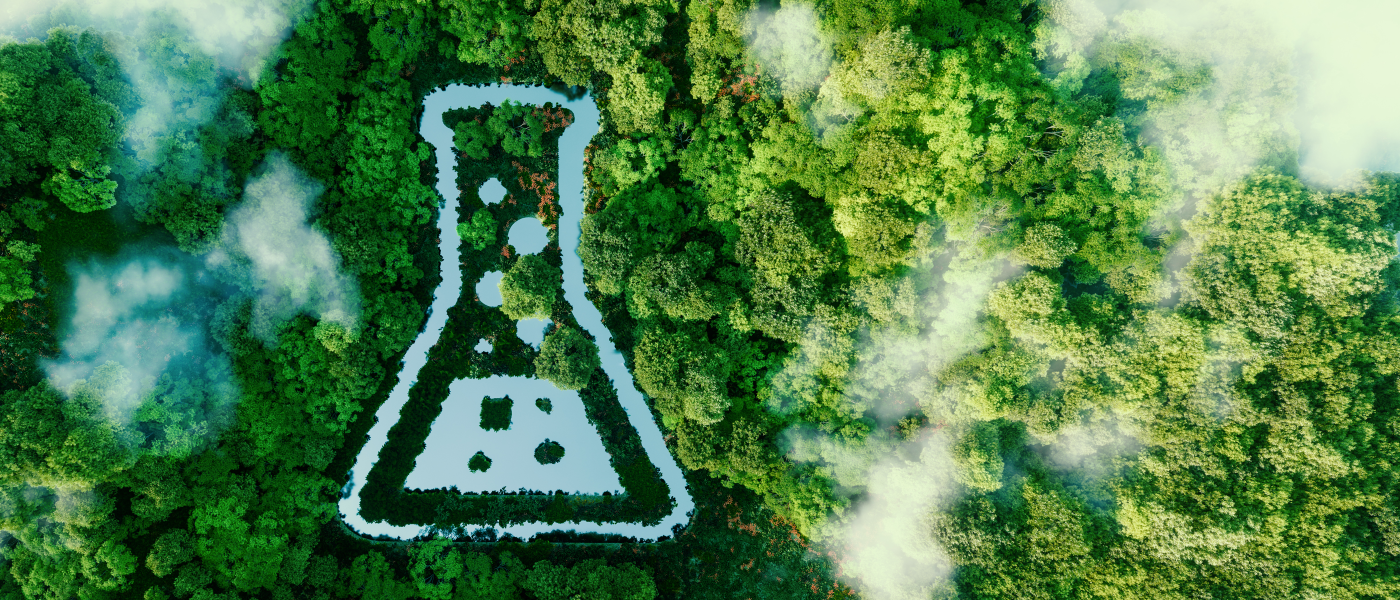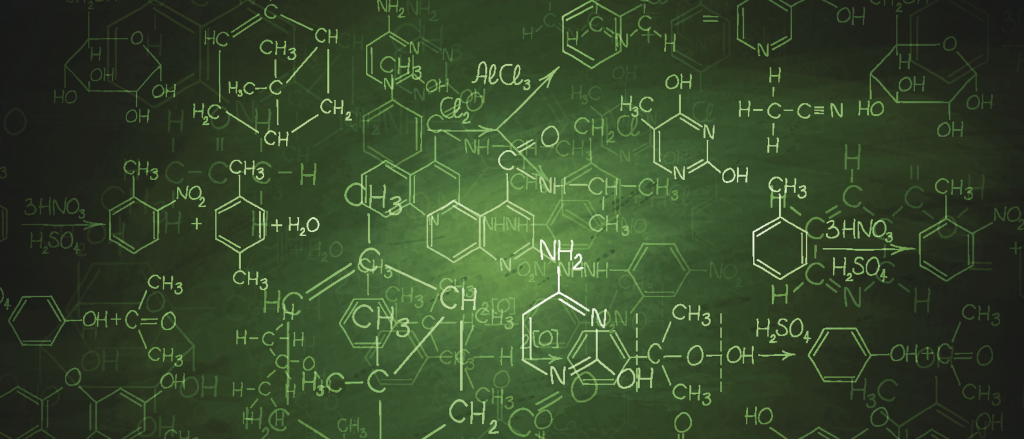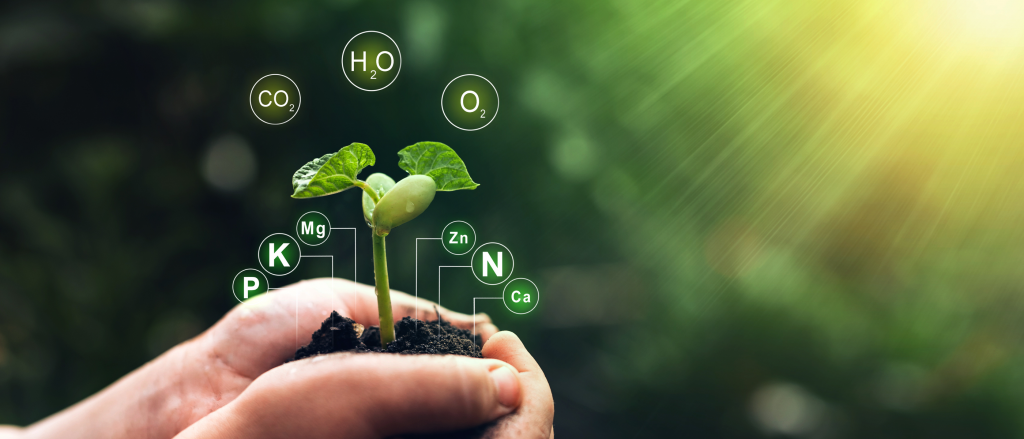Honours Sustainable Chemistry Program Newsletter
The Sustainable Chemistry Bachelor of Applied Sciences program has been building momentum! Since its inception in Spring of 2019, it has gone through program development and approval, both at McMaster and provincially.
In the short time that the Sustainable Chemistry Program has existed, we have benefited from valuable guest lectures from partners in industry and academia. We are also grateful to our Focus Group partners, who have contributed ideas during two Focus Group sessions (June 2019 and June 2021). The inaugural class joined mid-pandemic, in Fall 2020, with a small but mighty cohort of five; this grew to twelve in 2021. We have great expectations for increased enrollment in the next few years as word of the program – and the many successes of its students – spreads.
The natural resources needed for the processes and products we currently rely on are finite and, as a result, more and more of us are advocating for a change in the scientific status quo. The 12 Principles of Green Chemistry offer a new framework for the upcoming generation of chemists to use in navigating the challenges of our era and finding new pathways for sustainable scientific discovery.
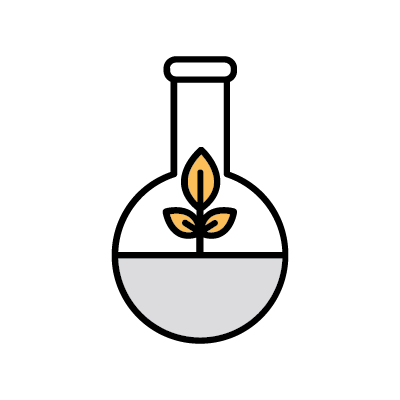
Information Box Group
The topics of weekly presentations included:
- Biorefinery system to generate nylon
- Creating bio-hydrocarbons from lipids
- H2SO4 processing
- Carbon capture technology use in urea synthesis
In-class debate topics included:
- Plastic versus glass ketchup bottles
- Cloth versus disposable diapers
- Are natural materials always better than synthetic ones?
Information Box Group
Notable Guest Speakers

Dr. Brent McKnight
DeGroote School of Business
Sustainable Chemistry Meets Business Reality
McMaster Profile

Richard Berry
Chief Technology Officer, CelluForce
Nanocrystalline Cellulose
Linkedin

Dr. Guerino Sacripante
Xerox
Sustainable Toner for Photocopying
Linkedin

Dr. Brian Fahie
Biogen
Green Process Innovation for Oligonucleotides
Linkedin

Dr. Ken Ng
Suncor
Sustainable Crop Protection
Linkedin

Melissa Chassé
PhD Candidate, University of Toronto
Nuclear Medicine
Linkedin
The Advanced Chemistry Placement is a lab course aimed at investigating an issue relevant to sustainable chemistry. Over the semester, students examined the properties and degradation of adhesives as they pertain to the recyclability of the material they adhere to.
The course provided the students with an opportunity to learn through experiential methods and introduced students to the exciting opportunities and potential pitfalls involved in academic research. In contrast to most traditional lab courses, there was no experiment manual or prescribed plan. Rather, the students were tasked with developing their own hypotheses, brainstorming relevant experiments, designing those experiments, and drawing conclusions based on their findings. This open-ended approach provided the students with a unique opportunity to hone their research skills.
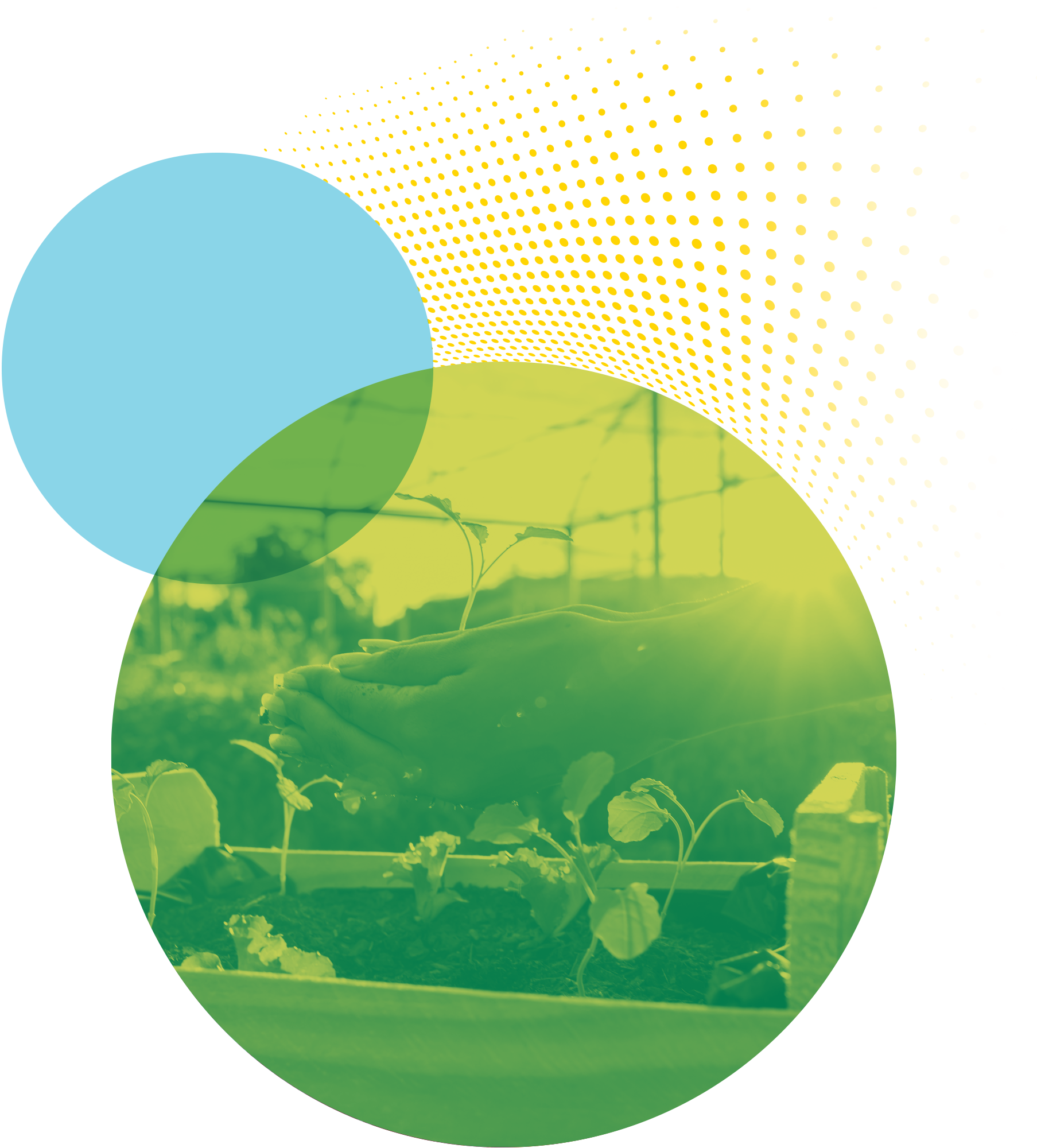
A lot of it connected to real world applications, which made it very interesting and inspiring for future career opportunities in industry and research. – Annie Cheng
Information Box Group
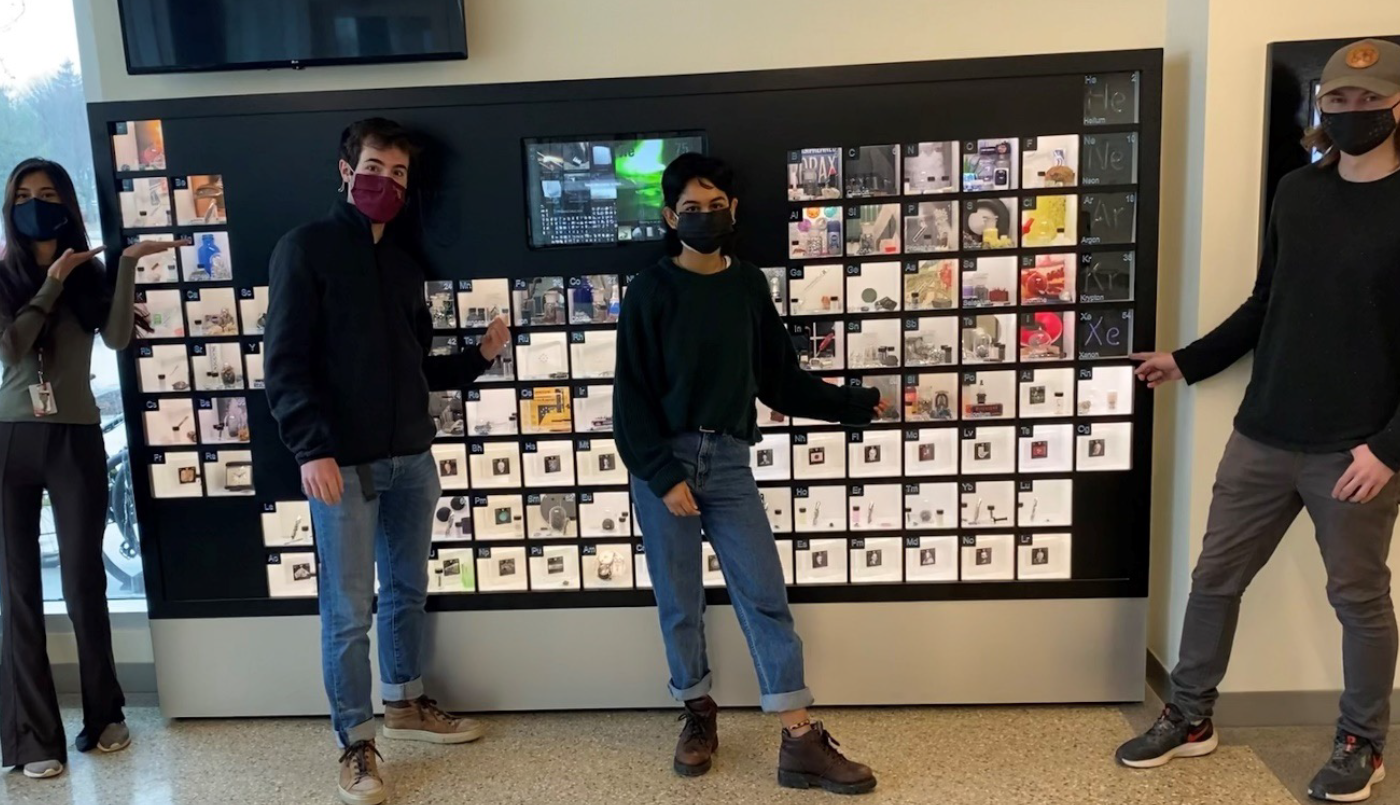
Information Box Group
“Learning that for most reactions there are many different ways to reach the desired product. Figuring out the most efficient and environmentally friendly pathway is crucial for the future of chemistry.”
– Emma Magee
“The debate and discussion-based classes were amazing. It’s another form of learning that needs to be incorporated into more classes.”
– Spencer Chapple
Information Box Group
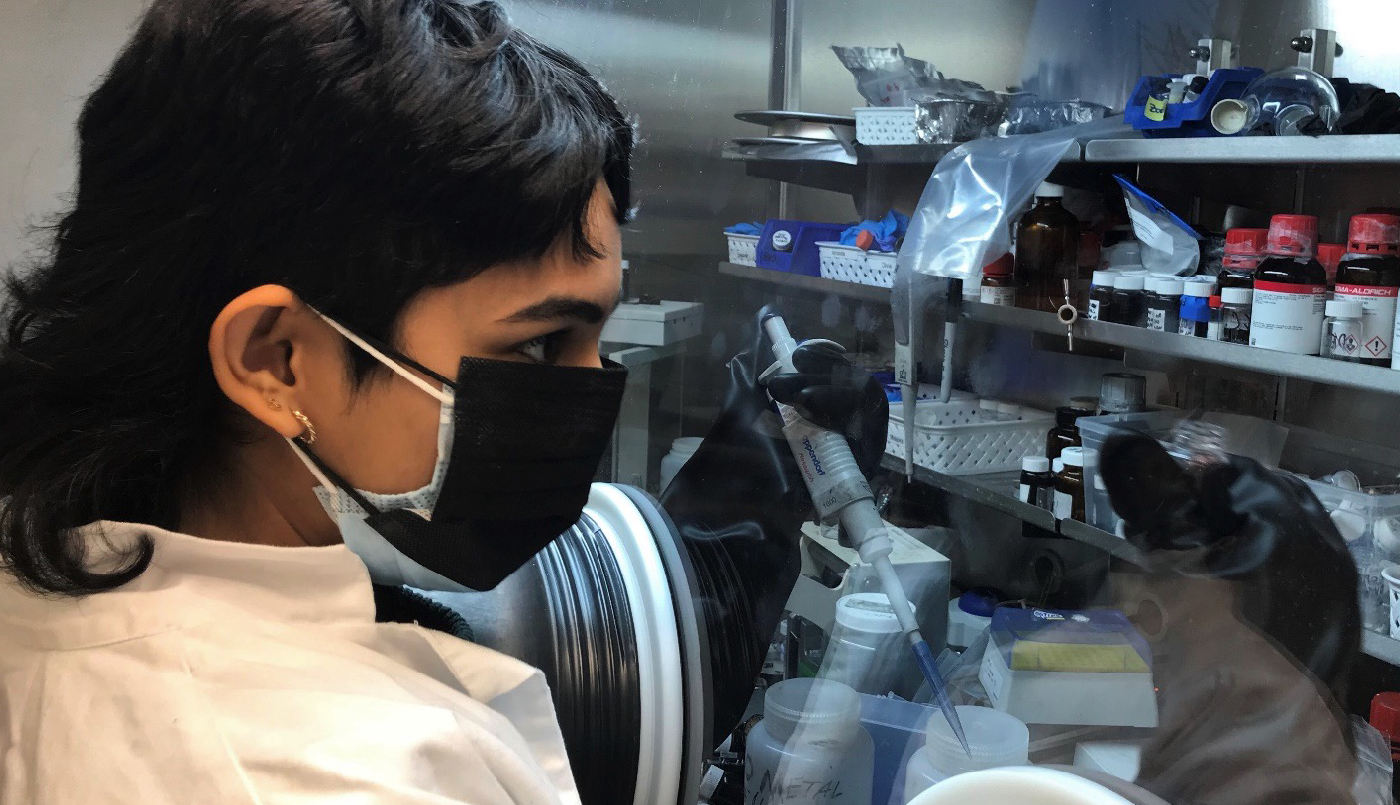
“Learning about materials-based metrics helped to ground previous theoretical knowledge. It was great to see how many scientific articles actually used these parameters to support their findings.” – Breanna Pinto
This course was team-taught for the first time by Dr. Gillian Goward and Dr. Kylie Luska and was supported by graduate teaching assistant Amanda Czieki.
Students studied the green chemistry metrics commonly used in the literature to provide a standardized and empirical evaluation of environmental impacts and materials use. They also learned how to put these into practice to make sustainable scientific decisions.
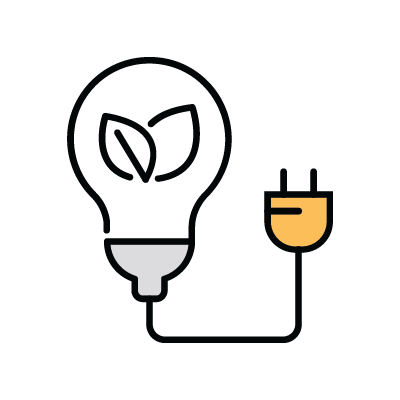
Information Box Group
Notable Guest Speakers
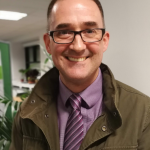
Dr. Andrew Dicks
University of Toronto
Green Metrics
UofT Profile

Dr. Peter Mahaffy
The King’s University
Planetary Boundaries
King’s University Profile
Dr. Keith Whitely
ArcelorMittal
Sustainable Steel
Linkedin

Dr. Jim Cotton
McMaster University
ThermoElectric and Geothermal Energy
McMaster Profile

Dr. David Constable
Science Director, ACS Green Chemistry Institute
Endangered Elements
Linkedin

Leah Allan
McMaster University
Lab Safety Specialist EOHSS
Linkedin
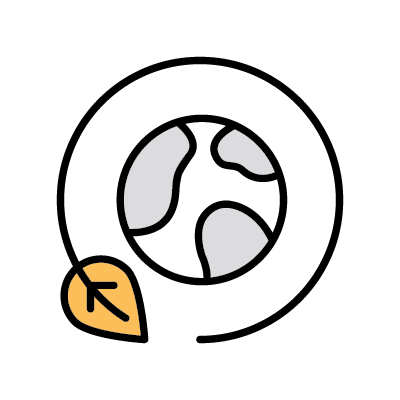
Global Chemical Minds (G.C.M.) was created in order to address one of the most commonly heard phrases in high school and university, “When am I ever going to use this again?”.
Our group attempts to advocate for the importance of research, sustainability, and education by demonstrating how serious societal and environmental issues can be addressed using content learned in lecture. More specifically, we want to demonstrate how a combination of traditional didactic and experiential learning can be used for real-world scenarios. We as a group decide which projects we are most passionate and enthusiastic about and continue to pursue them with the help of the department. Currently, our group of approximately 10 Chemistry and Chemical Biology students is investigating the synthesis and application of an alternative bio-based adhesive for plastic water bottle labels.
We could not have accomplished everything we have without the support and enthusiasm of our community. Students, alumni, faculty, industry partners, governmental and non-governmental organizations – you have all been crucial to the success of our growing program!
We warmly invite you to develop your relationship with the Sustainable Chemistry Bachelor of Applied Sciences as we continue to build on our existing strengths and seek new and exciting partnerships at McMaster and beyond. Read on for the ways in which you can be contribute to sustainable chemistry and click on the link below to let us know how you’d like to be involved.
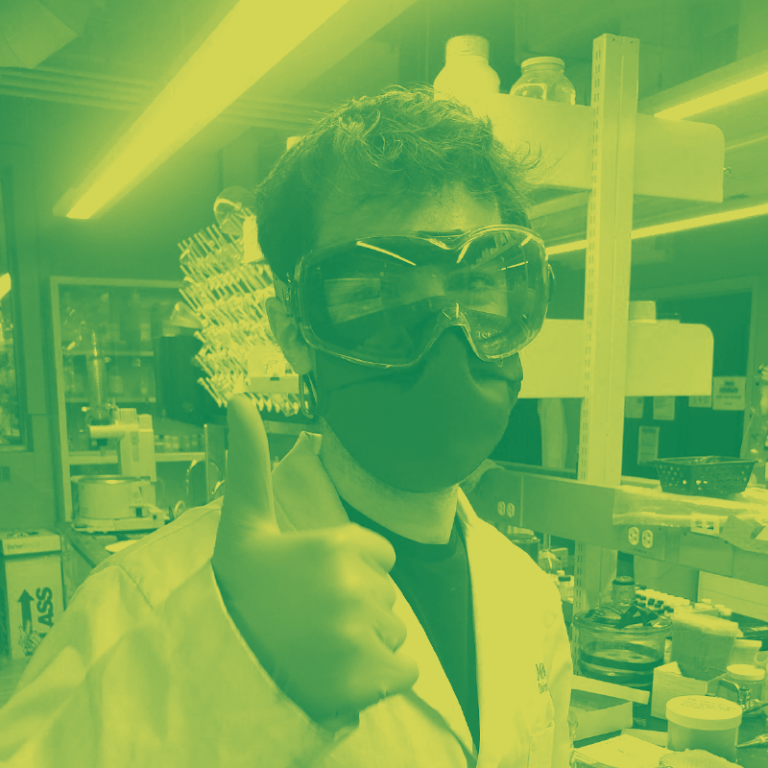
Information Box Group
1. Propose a Curriculum Prompt Get Involved!
In an increasingly competitive job market, our sustainable chemistry students find that project-based learning better prepares them for their future careers and makes them stand out as potential job candidates. The challenge is finding relevant problems that mimic real industry projects in all their complexity and pertinence.
2. Become a Guest Speaker Get Involved!
While a guest lecture is a relatively small commitment – a 40-minute presentation followed by time for student questions – the benefits to our program students are enormous. Guest speakers provide a unique perspective to students by explaining the ways in which sustainability is integral to their work or walking students through an idea from conception to completion.
3. Mentorship Get Involved!
The pathway to a career in sustainable chemistry is seldom linear. If you are interested in sharing your experiences and the story of how you got where you are with program students, consider submitting your name as a possible student mentor.
4. Engage Students in a Project Get Involved!
Experiential learning is one of the most valuable ways in which our students cultivate and hone their skills. If you’re looking for the perspective of a sustainable chemist to contribute to your company/organization, many of our students are interested in co-op, internship, or summer positions.


